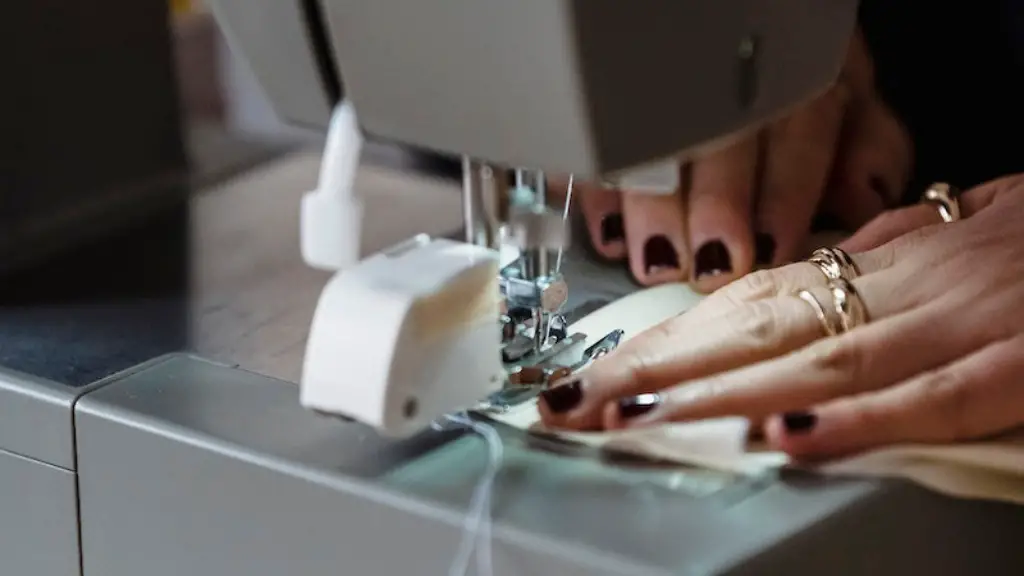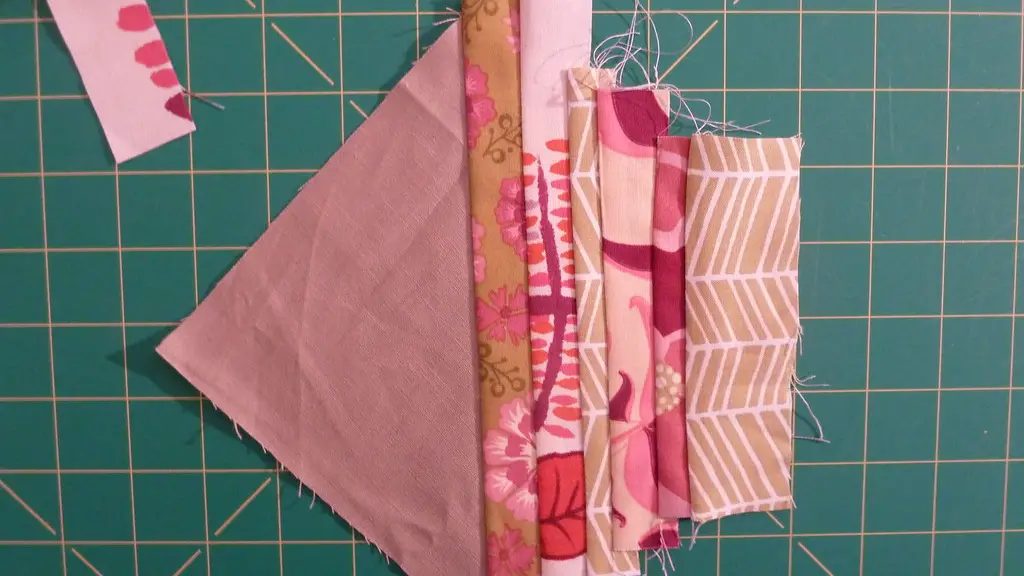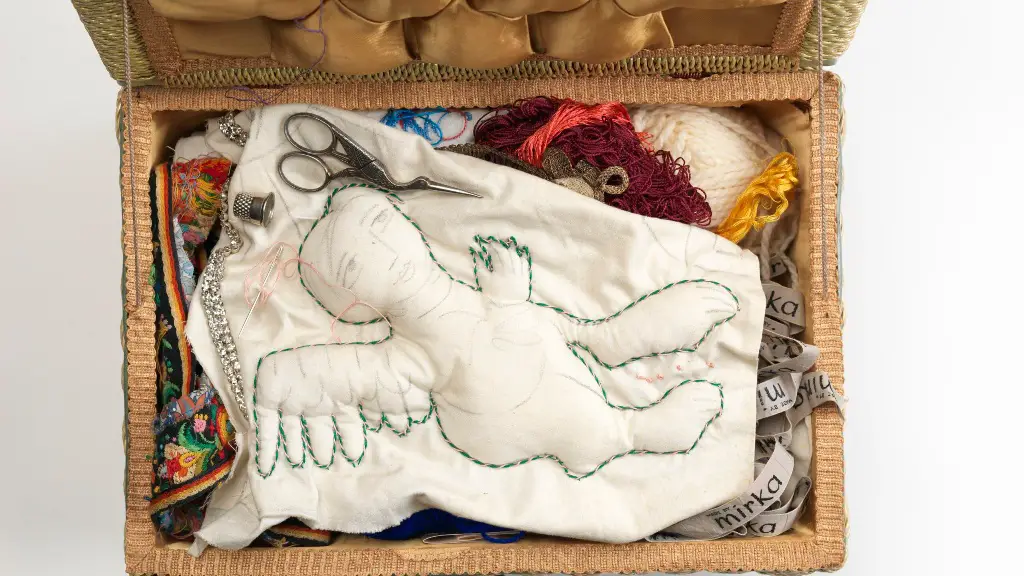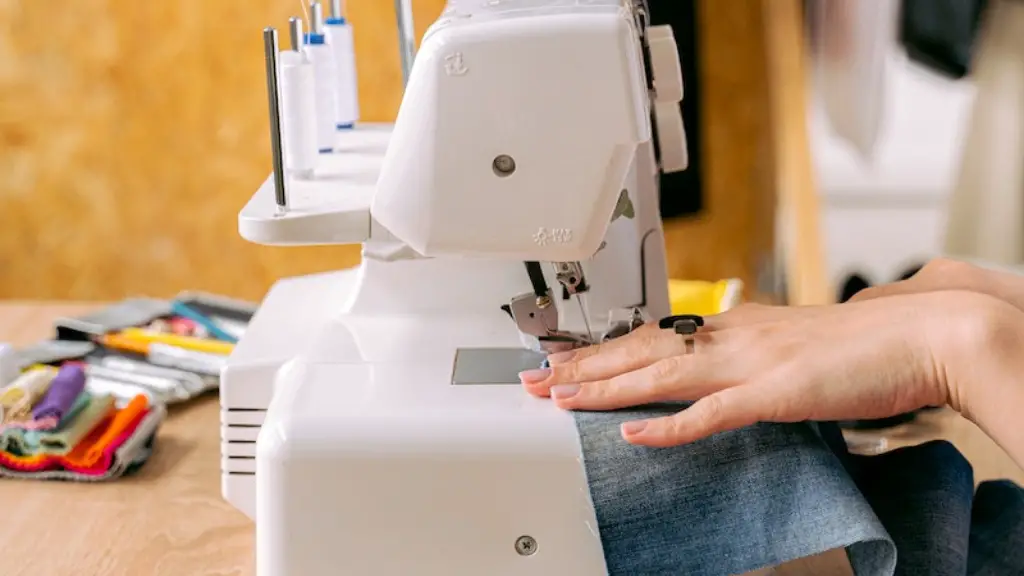Choosing the right colored thread for your sewing machine projects easily escapes our attention. Whether you are a beginner at sewing or an experienced professional seamstress, it’s not uncommon to be overwhelmed when it comes to choosing the perfect thread for your project. Below are some things to consider when you are picking the right color thread for your machine.
Texture & Thickness
The first and most important factor when selecting a thread for your sewing projects is its texture and thickness. There are many textures and sizes on the market such as cotton, synthetic, embroidery, all-purpose, and more. Match the thread to the material and fabric you are stitching together for a better-finished look. This is especially true when it comes to delicate fabrics like silk and chiffon, which often require a finer thread. For tougher fabric, like denim or canvas, you may require a stronger and thicker thread.
Identify the Stitch Type
Threads are also designated for specific stitch types. If you’re stitching a hem for an item of clothing, you will use a thinner thread to produce an invisible finish. For embroidery, you would use a thicker thread or a specialty thread like metallics or glow-in-the-dark. Knowing the type of stitch you are seeking determines the type of thread. You may also want to take consider special effects such as using threads that have a sheen or a drape to them.
Colors
What color thread should you choose? Colors are very important in your projects as they enhance the texture and detail of your design. For sewing beginners, it might be best to go for neutral colors like white, gray, and brown. This way the thread is not the focus and instead blends in with the background. For those with more experience, you can use a selection of colors to contrast with the fabric and create unique effects.
Quality
The quality of the thread you choose is also important. There are many types available on the market, ranging from low-quality threads to superior ones. If you opt for a low-quality thread, chances are it’ll break more readily which may leave you with a ruined project. It’s better to find a quality thread that you can depend on and has fewer knots.
Storage
Once you have purchased your thread, it’s important to store it correctly. Many threads come with protective coverings and ensuring this cover is secure will help your thread last longer. In addition, don’t store your new thread with older, worn-out thread that can snag the new one. If possible, find a thread box or rack to store your thread in.
Cost & Bulk
Threads are easily available in bulk. They cost comparatively less as compared to when they are bought as individual packs. When buying in bulk, you can often get special deals and discounts on the thread. It also makes it easier to buy the same thread without having to search or remember the details each time. When buying in bulks, the packaging should be properly sealed to ensure the thread is in a usable condition.
Maintenance
Finally, it’s important to maintain the thread you buy. Threads should be kept in a dry area when not in use and away from direct sunlight. Always check for knots in the thread and replace in plenty of time before working on your project as this can prevent any further problems from occurring. Make sure to regularly clean the area around your sewing machine as well to remove any lint or debris that could interfere with the function of your machine.
Expert Opinion and Research
No matter what type of thread you choose, it’s best to get input from someone with more experience. Experienced experts in the textiles industry can help you pick the right thread for your project. If you don’t have any professionals to consult, you can also find lots of helpful information online. Doing research on the types of fabric and thread you need can give you a better understanding of the process. There are many forums and websites dedicated to sewing and fashion design you can use too.
Material Considerations
When it comes to deciding which thread to use, it’s important to consider the material of the fabric you’re working with. Different threads work better with different types of fabric. For example, cotton threads are usually better with quilting projects and cotton fabrics, while polyester threads are better for synthetic materials. If you’re unsure about which thread to choose, it’s a good idea to take a sample of the fabric and thread to a fabric store and ask one of the employees.
Color Combos
Depending on the nature and complexity of the project you’re undertaking, you may want to consider the effect of the thread’s color when it comes to how it interacts with the fabric. If the project involves two or more materials, you can use two contrasting colors to create an interesting look. You can also find threads that match the material’s base color perfectly and give the project an extra wow factor.
Special Threads
If you’re looking for something really special, consider using specialty threads. There are many varieties of specialty threads on the market, such as glow-in-the-dark, glow-in-the-poly, baker’s twine, and ribbons. You can use specialty threads to draw attention to the design or simply add a bit of flair to your project. Just remember to always select thread that is appropriate for the project and material.
Test Threads
It is always a wise practice to test a thread before using it in a major project. Make a small test patch with the thread and fabric and check it for any issues. Testing the thread will allow you to make certain it’s of the right weight, weave, and color for your project. You can also double-check that it’s working correctly in your sewing machine.



